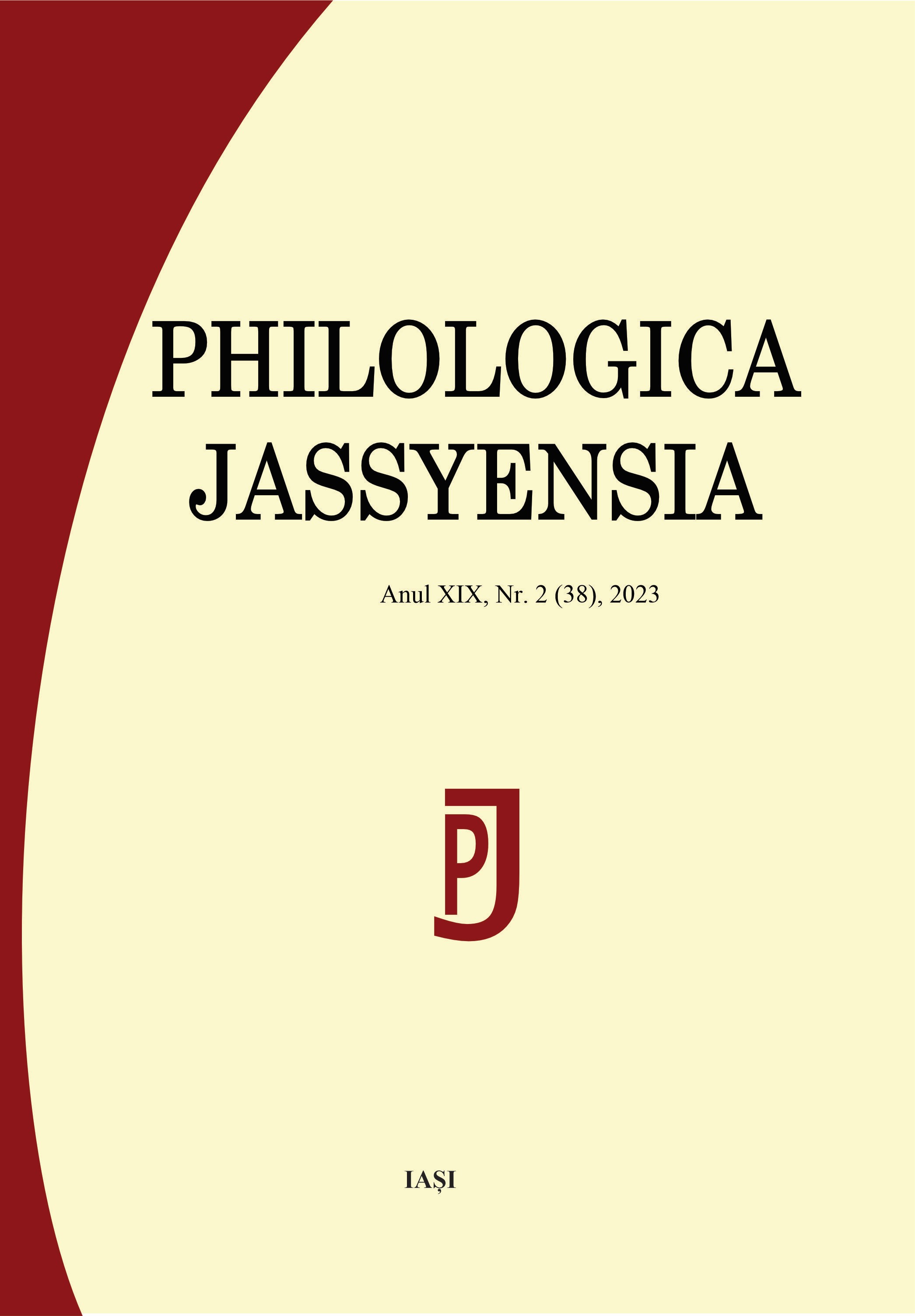Reading Literature: Catharsis, Duende, Pleasure and Bliss
Reading Literature: Catharsis, Duende, Pleasure and Bliss
Author(s): Dana BădulescuSubject(s): Romanian Literature, Theory of Literature
Published by: Editura Tracus Arte
Keywords: literary reading; literary theory and criticism; catharsis; duende; pleasure; bliss; architextuality; transtextuality;
Summary/Abstract: In this study I purport to look into the relation between literature and its reception, from reading to literary criticism informed by theory. I start from Manguel and Hirsch’s accounts of reading literature and I continue with David Lodge’s contention that “reading a literary text is a process of continuous interpretation and evaluation” and that “the mere decision to go on reading a novel or a poem to its end is a kind of critical act” (Lodge 2003: 92). After a survey of Lodge’s four models of literary criticism and retaining his argument that criticism may even stifle creativity, I tackle the hypothesis posited by Paul de Man that literature resists theory. Drawing on Borges’s claim that any text is a rewriting of other texts, which underpins Gérard Genette’s theory of “architextuality” and “transtextuality” (Genette 1997: 1), I argue that any text absorbs other texts written before it and will be absorbed in its turn by texts written in its wake. My argument of the reception of literature based on the sense of duende (Hirsch 1999: 277) is rooted in Roland Barthes’s distinction between “pleasure” and “bliss”. I conclude that criticism in its most inspired form retains and restores a hedonistic and immersive bliss.
Journal: Philologica Jassyensia
- Issue Year: XIX/2023
- Issue No: 2 (38)
- Page Range: 129-140
- Page Count: 12
- Language: English

